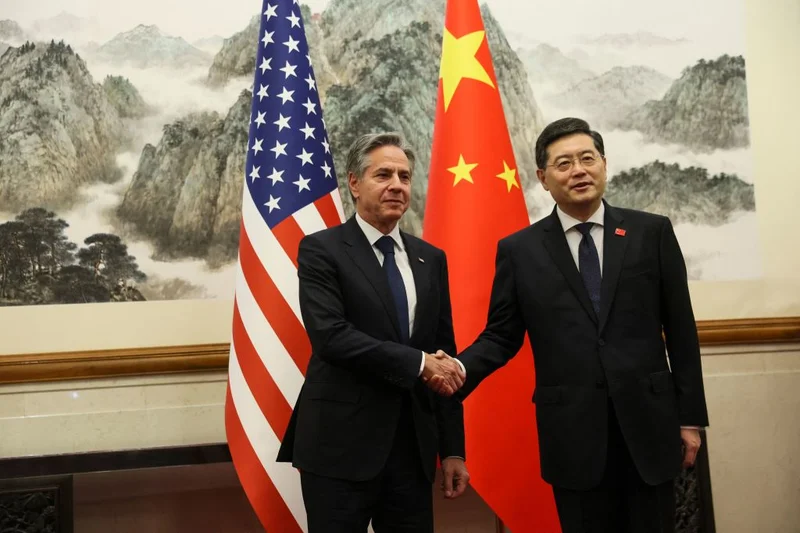Article Directory
Title: Rare Earth Rumble: Is the US-China Truce Real, or Just a Pause in the Data War?
The supposed truce between the US and China regarding rare earth export restrictions is looking less like a done deal and more like a negotiation tactic. Washington claims Beijing agreed to eliminate all past controls, a detail conspicuously absent from any official Chinese announcement. This discrepancy isn't just semantics; it's a potential fault line in the already strained landscape of us-china trade.
The Devil's in the Un-Details
Rare earth elements (REEs) are critical components in everything from smartphones to military hardware. China's dominance in REE production has long been a point of contention, giving them significant leverage in global trade. So, any agreement to ease restrictions should be a win for US manufacturers. But the lack of a clear, unified statement raises serious questions.
Is this a simple misunderstanding? Possibly. But given the history of us-china relations, particularly concerning trade, it's more likely a deliberate ambiguity. The US is pushing for complete removal of restrictions, while China seems to be offering a temporary pause, potentially tied to other concessions. This difference in interpretation could derail the entire agreement.
The market reaction, or lack thereof, is telling. We haven't seen a significant surge in related stocks, suggesting investors are adopting a "wait and see" approach. And this is the part of the report that I find genuinely puzzling. Usually, even a hint of positive news sends the markets into a frenzy. The muted response suggests a deep-seated skepticism about the deal's longevity or effectiveness.
A History of Hesitation
Remember the Phase One trade deal under the Trump administration? Big promises, lots of fanfare, and ultimately, unmet targets. China committed to purchasing an additional $200 billion in US goods and services, but fell far short. The Peterson Institute for International Economics estimated China only reached about 60% of its committed purchases.

This history of unmet promises casts a long shadow over the current rare earth negotiations. Can we really trust that China will fully comply with the US interpretation of the agreement? Or will we see a repeat of the Phase One scenario, with loopholes and delays undermining the intended benefits? According to reporting in Nikkei Asia, the China-US deal to ease rare-earth controls hits snag over scope due to disagreements about the specifics.
It's not just about the numbers, it's about the intent. Is China genuinely committed to fair trade practices, or is this just a strategic maneuver to alleviate pressure amid ongoing us-china tensions? The lack of transparency surrounding the details of the agreement doesn't inspire confidence. We need verifiable data, not just diplomatic pronouncements.
The AI Angle: A Deeper Dependency
The reliance on rare earth elements extends beyond traditional manufacturing. The burgeoning AI industry is heavily dependent on these materials for everything from data centers to advanced processors. A disruption in the rare earth supply chain could cripple AI development in the US, giving China a significant advantage in this critical technological race.
The US government is investing heavily in domestic rare earth production and processing. The goal is to reduce reliance on China and secure a stable supply chain. But these efforts will take time to bear fruit. In the meantime, the US remains vulnerable to any shifts in Chinese policy.
What if China uses its control over rare earths as leverage in other areas, such as intellectual property rights or access to its domestic market? The potential for weaponization of this resource is a serious concern, and one that requires a proactive, data-driven approach to mitigation.
More Hype Than Hope?
The US-China rare earth "deal" is, at best, a fragile truce. The discrepancy in stated terms, coupled with a history of unmet promises, suggests a cautious approach is warranted. Until we see concrete evidence of China's full compliance, it's premature to celebrate. The numbers don't lie: the US remains vulnerable, and the rare earth rumble is far from over.
